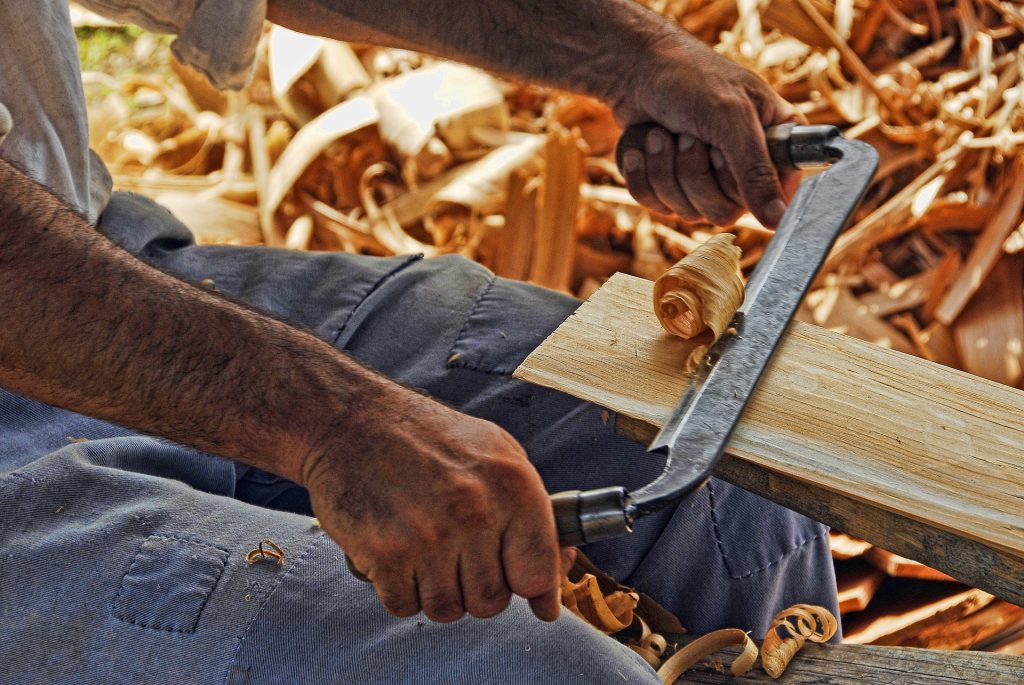Construction work is a field that involves a wide range of tasks and requires the use of various skills and expertise. To ensure the success of a construction project, it is essential to have a team of workers with different skill sets. If you are thinking about working in the construction industry, you should first explore the different types of construction workers and their roles in the building process.

Carpenter
Carpenters are skilled tradespeople who are responsible for constructing and installing wooden structures in a building. They use a variety of tools and materials to construct walls, roofs, and decks and install windows, doors, and staircases. Carpenters must be precise and detail-oriented, as their work must be accurate and durable.

Electrician
Electricians are responsible for installing and maintaining electrical systems in a building. They are trained to work with electrical wiring, circuit breakers, and other electrical components. Electricians must be familiar with local electrical codes and regulations, as well as safety practices when working with electricity.

Plumber
Plumbers are responsible for installing and maintaining the plumbing systems in a building, including pipes, valves, and fixtures. They also repair and replace plumbing components that are damaged or outdated. Plumbers must have a good understanding of the local plumbing codes and regulations, as well as the necessary tools and equipment to perform their work.
Mason
Masons are skilled tradespeople who are responsible for constructing and installing the building’s foundation and exterior walls. They work with a variety of materials, including bricks, concrete blocks, and stone, to create walls and structures that are both functional and aesthetically pleasing. Masons must be able to work with precision and have an eye for detail.
Roofer
Roofers are responsible for installing and repairing roofs on buildings. They work with a variety of materials, including shingles, metal, and tile, to create roofs that are strong, durable, and weather-resistant. Roofers must be able to work at heights and have a good understanding of the different roofing materials and techniques.
Painter
Painters are responsible for applying paint, wallpaper, and other finishes to the interior and exterior surfaces of a building. They must have a good eye for color and be able to work with precision to ensure a smooth and even finish. Painters must also be knowledgeable about the different types of paint and finishes, as well as the tools and techniques used for application.
Concrete Worker
Concrete workers are responsible for mixing, pouring, and finishing concrete for various projects, including foundations, walls, and sidewalks. They must have a good understanding of the properties of concrete, as well as the tools and techniques used to work with it. Concrete workers must also be able to work with precision and have an eye for detail to ensure a smooth and even finish.
Steel Worker
Steelworkers are responsible for the fabrication, installation, and maintenance of steel structures in a building, including beams, columns, and staircases. They must be familiar with the properties of steel and the tools and techniques used to work with it. Steelworkers must also be able to work with precision and have a good eye for detail.
Construction work requires a team of skilled workers with different expertise to ensure a successful building project. You do not even need to purchase heavy equipment to become a painter or an electrician and work in the industry. From carpenters to steel workers, each type of construction worker plays an essential role in the building process, and their work must be precise and accurate to ensure the longevity and safety of the structure. If you are interested in entering the construction field, it is important to familiarize yourself with the different types of construction workers and their roles, as well as the necessary skills and training required for each job.


